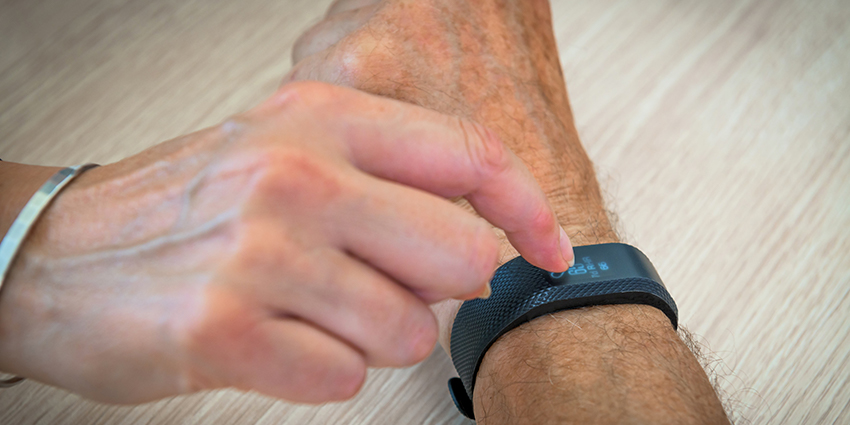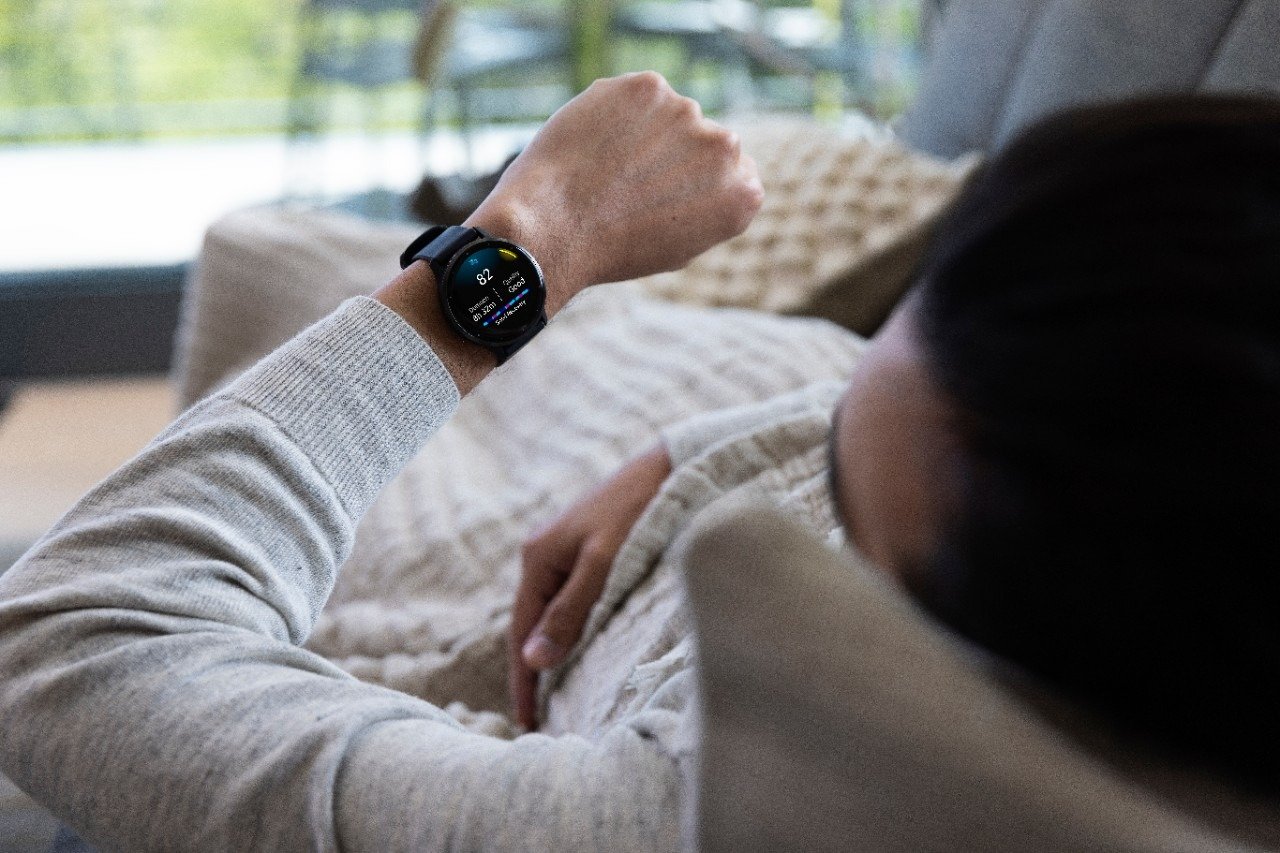
Furthering Scientific Knowledge with Fitabase and Garmin
Garmin Health has announced a collaboration with Fitabase, a research study platform that gives researchers access to a wealth of data ideal for deep analysis. Using the Fitabase platform, researchers can access continuous, objective health data from wearables to complement and support innovative studies around the world. Integrating the Garmin Health API with Fitabase will mean better research and better results, ultimately leading to the improvement of health outcomes and reduced costs for patients.
The San Diego-based Fitabase is run by a team of technology and research experts with decades of experience in providing the latest tools, devices and apps to further collective scientific knowledge and accelerate digital health research. Having worked with more than 150 academic and clinical institutions on 500-plus studies worldwide, Fitabase CEO Aaron Coleman said, “Fitabase is excited to collaborate with Garmin, a leader in the wearables industry, offering high-quality data streams for researchers to analyze and integrate into their experiments.”
The Department of Biomedical Sciences at The University of Copenhagen is already using Garmin devices connected to the Fitabase platform to study how physical activity during pregnancy affects maternal and child health. Signe de Place Knudsen, a Ph.D. Fellow in the department, said “We are incredibly excited to work with Fitabase and Garmin to capture novel endpoints for our project aimed at improving the health of mothers and children. Using friendly consumer devices paired with powerful research tools will make a significant impact on supporting the needs of our research.”
Having pioneered wearable technology for more than 15 years, Garmin is able to provide researchers with a comprehensive window into activity, heart rate, sleep patterns and oxygen saturation data. No longer reliant on self-reported, subjective patient feedback, researchers using the Fitabase platform and data from Garmin wearables will be able to better understand the relationship between lifestyle behaviors and resulting health.




